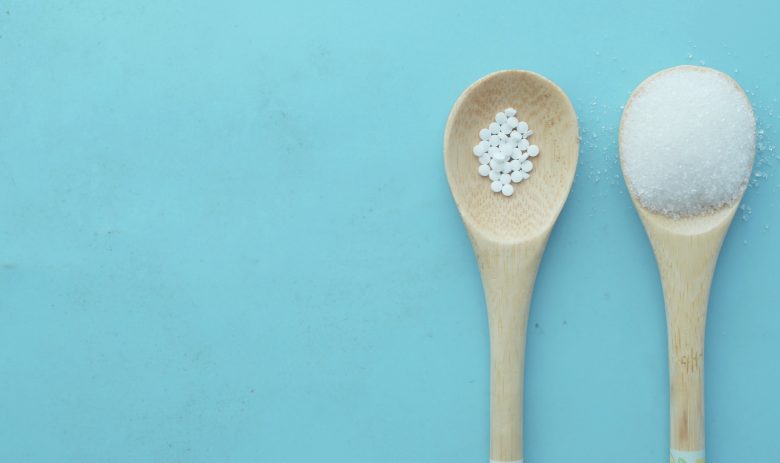Petrol (gasoline) contains a mixture of hydrocarbons, with five to ten carbon atoms. The mixture of C5–C10 hydrocarbons obtained directly from the distillation of crude oil contains a high proportion of straight-chain alkanes. However, if this mixture is used as petrol, it does serious damage to a car’s engine. Petrol containing a high proportion of straightchain alkanes tends to ignite in the cylinder of the car engine as the piston increases the pressure and before the cylinder reaches the optimum position. Ideally, the mixture of petrol vapour and air is ignited with a spark at a predetermined position of the piston in the cylinder. This problem of premature ignition is referred to as pre-ignition and also as engine knock. The term ‘knock’ is used, as pre-ignition can be heard. Severe knock can cause serious engine damage.
However, branched-chain alkanes, cycloalkanes and aromatic hydrocarbons are much more resistant to knock and straightchain alkanes are converted into them in a series of processes in the refinery.
Your organisation does not have access to this article.
Sign up today to give your students the edge they need to achieve their best grades with subject expertise
Subscribe




